Media Mention: Council President Interview on China in Focus
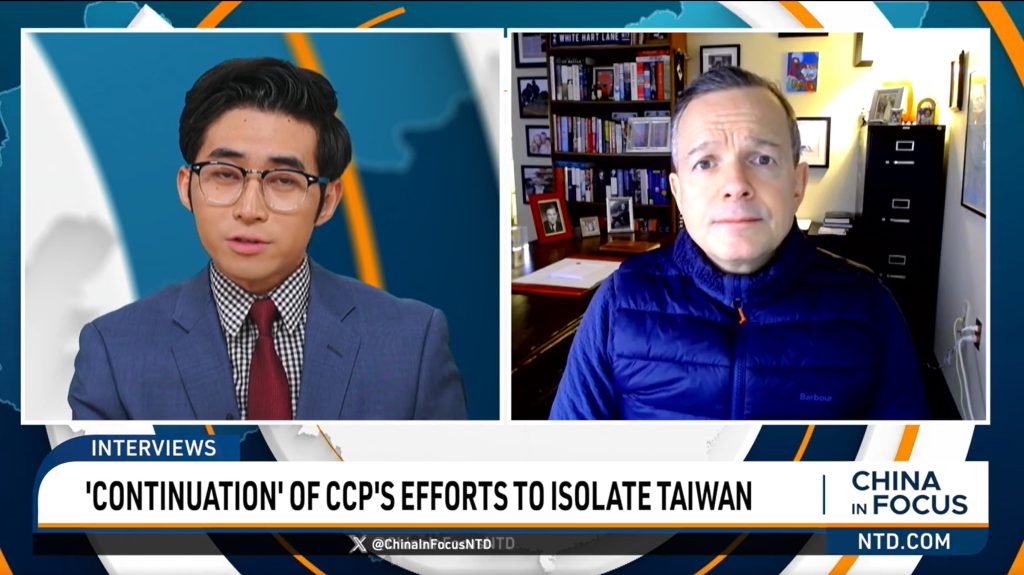
USTBC President interview about U.S.-Taiwan relations under a William Lai Presidency on “China in Focus” with Don Ma, January 16, 2024 [NTD Screenshot].
Don Ma began by asking Hammond-Chambers to respond to President Biden’s comments saying that the U.S. does not support Taiwan independence.
“The president chose to make a statement more directed to Beijing and not Taipei. He missed the opportunity, missed the moment to celebrate Taiwan’s democracy.”
Responding to Nauru cutting ties with Taiwan, Hammond-Chambers said:
“It is significant. One, it shows the Chinese were ready to demonstrate their unhappiness with the choice Taiwan voters have made. It came within a 24 hour news cycle, the severing of ties, so it had to have been hammered out before Saturday. So, what we are seeing here is a continuation of China’s efforts to ultimately draw in all of Taiwan’s remaining diplomatic allies. China’s policy towards Taiwan will remain the same. [China] will continue to pursue their coercive policy, they will kick back towards what it’s been doing to contain Taiwan through restricting it’s international space, through grey-zone activities on the ocean, in the air, and possibly some economic punitive actions through the Economic Cooperation Framework Agreement. But overall, China’s policy will stay the same. U.S.-China tensions are likely to remain elevated over the issue of Taiwan.
Asked about U.S.-Taiwan relations, Hammond-Chambers said:
“I think U.S.-Taiwan relations are going to remain stable. The President-elect definitely represents continuity [in policy]. Where we’re going to have to watch closely is the Legislative Yuan shift in control. There will be a split control between Taiwan’s governing bodies (Executive Branch under the DPP and the Legislative Branch under the KMT). We haven’t seen that in 20 years. There were some real areas of disagreement [then] that spilled out into U.S.-Taiwan relations, defense policy being the most public. There are some concerns, come 2025, when the first budget will need to be negotiated. How will defense spending fare? If there is downward pressure as a consequence of opposition in the legislature for expanded defense spending, it will cause problems in U.S.-Taiwan relations. Washington D.C., irrespective of who wins the U.S. election, will not like that outcome.”
Source: China in Focus with Don Ma – Biden ‘Missed’ Taiwan’s Democracy Celebration

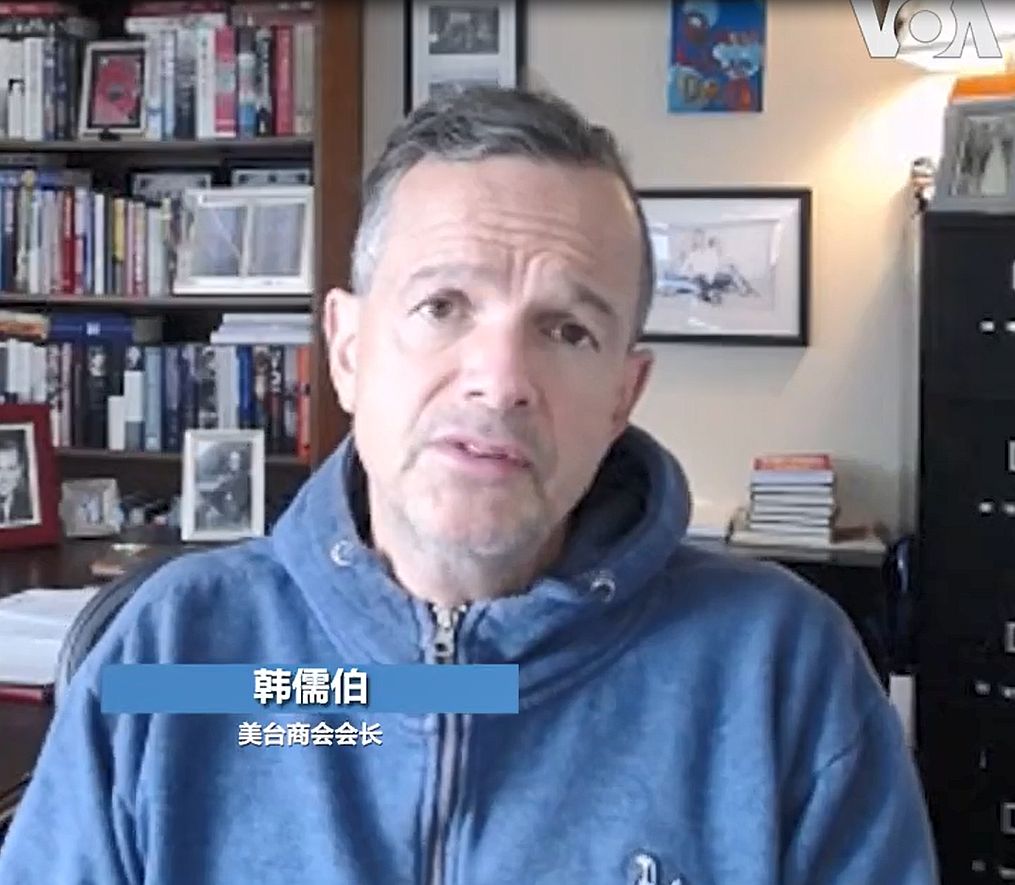
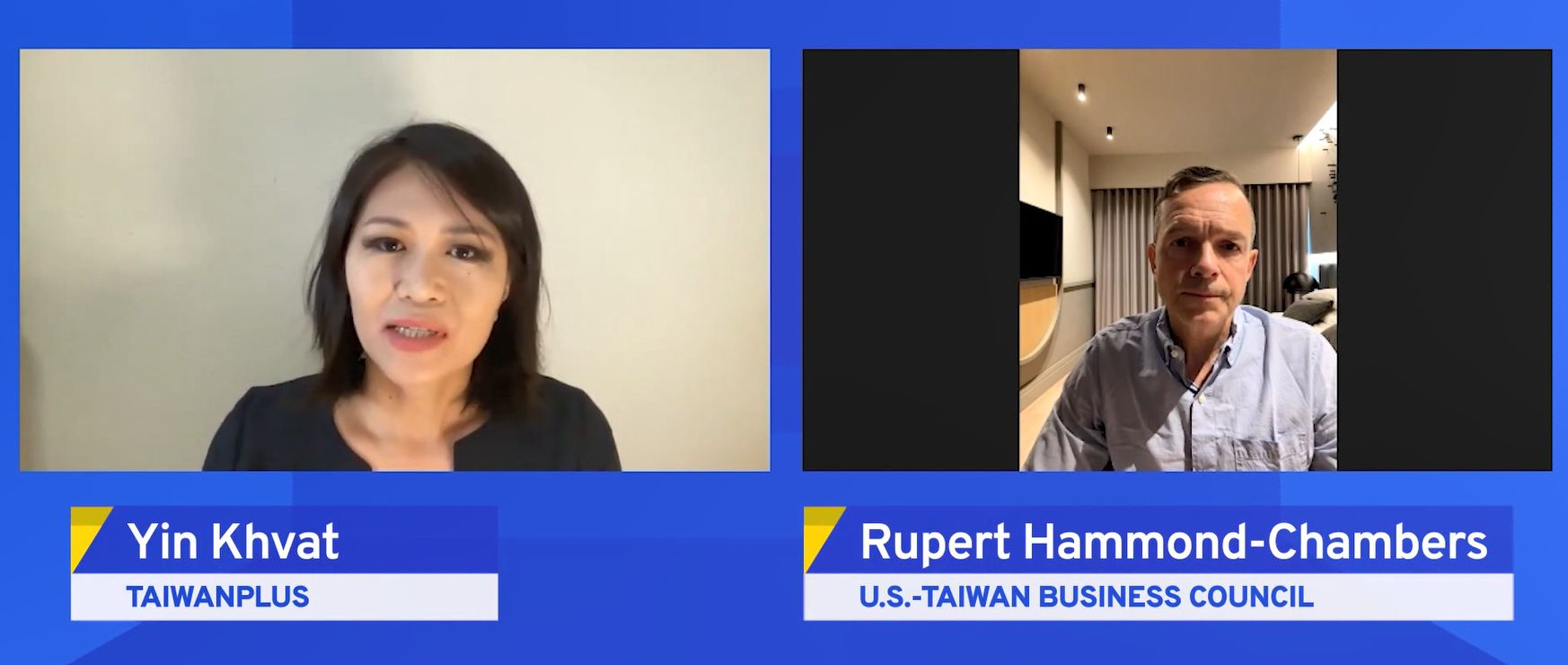
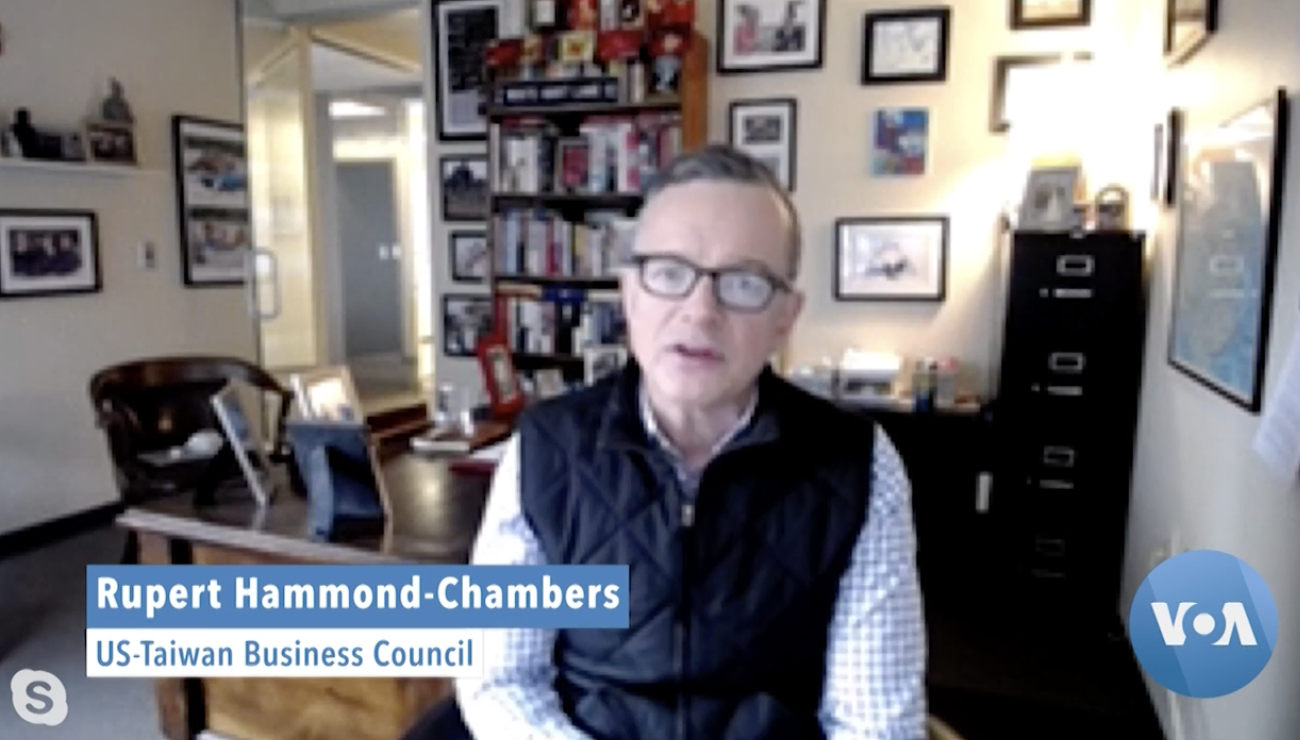
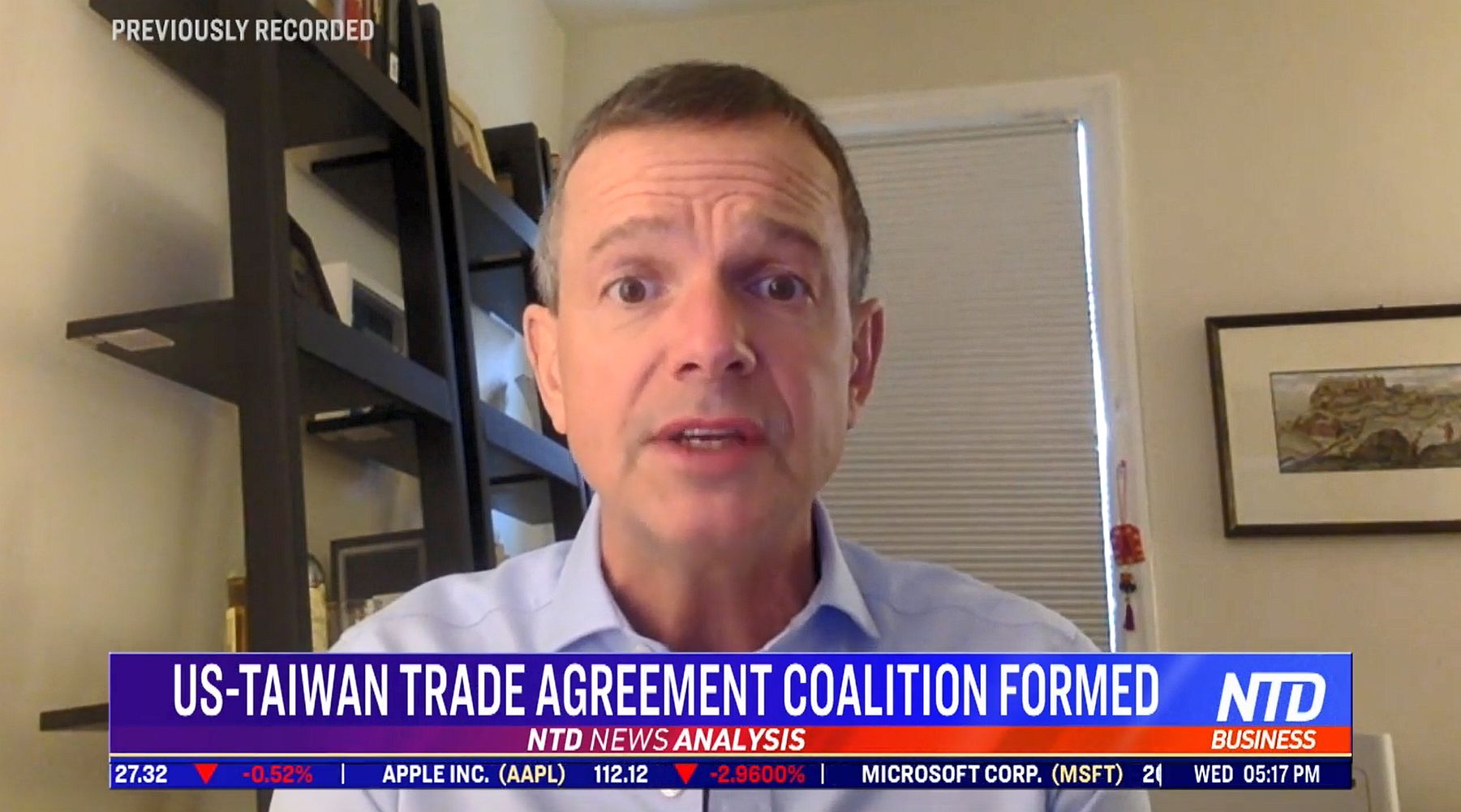
![Council President Rupert Hammond-Chambers on NTD News, August 3, 2022. [YouMaker Screenshot]](https://www.us-taiwan.org/wp-content/uploads/2022/08/2022.08.03-Rupert-on-NTD-News.jpg)